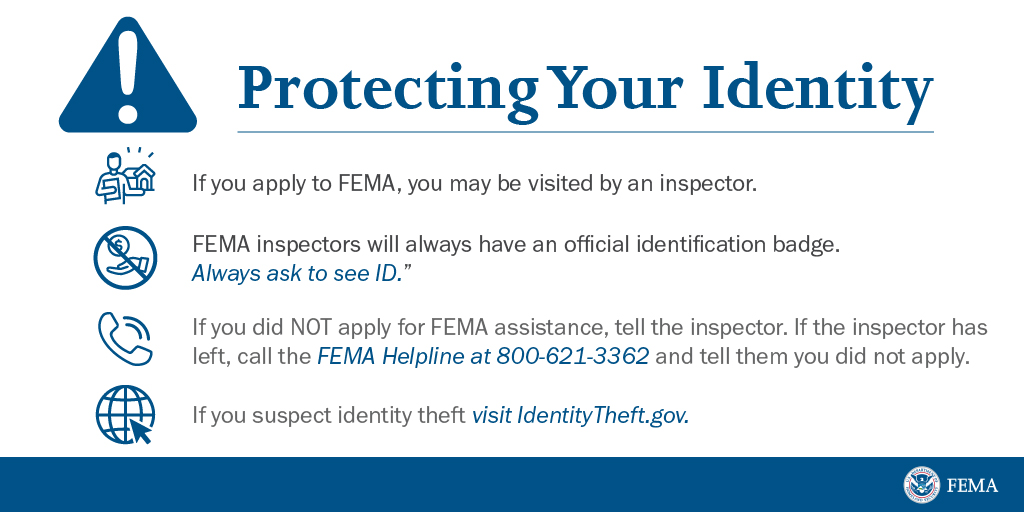Help keep yourself, your family and your community safe after the Hawaii wildfires by being aware of rumors and scams and sharing official information from trusted sources.
Do your part to the stop the spread of rumors by doing three easy things:
- Find trusted sources of information.
- Share information from trusted sources.
- Discourage others from sharing information from unverified sources.

Learn more about common disaster-related rumors and frequently asked questions and how to report scams after a disaster.

Rumors
Frequently Asked Questions


